rOpenSci is one of the first organizations in the R community I ever interacted with, when I participated in the 2016 rOpenSci unconf. I have since reviewed several rOpenSci packages and been so happy to be connected to this community, but I have never submitted or maintained a package myself. All that changed when I heard the call for a new maintainer for the qualtRics package. “IT’S GO TIME,” I thought.
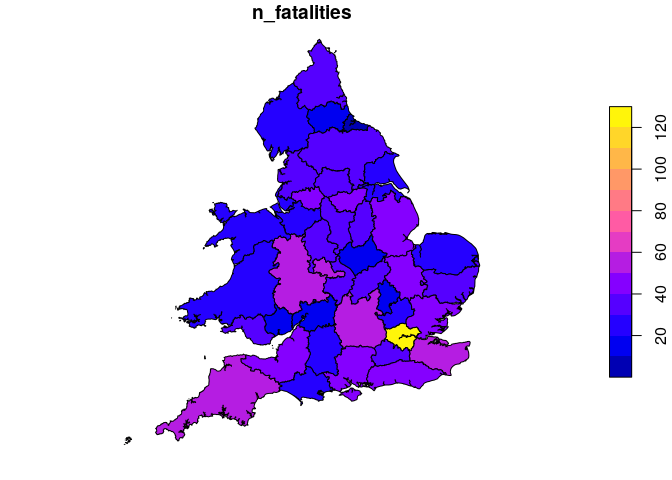
Introduction stats19 is a new R package enabling access to and working withGreat Britain’s official road traffic casualty database,STATS19. We started the package in late 2018 following three main motivations: The release of the 2017 road crash statistics, which showedworsening road safety in some areas, increasing the importance ofmaking the data more accessible.

European eels ( Anguilla anguilla ) have it tough. Not only are they depicted as monsters in movies, they are critically endangered in real life. One of the many aspects that is contributing to their decline is the reduced connectivity between their freshwater and marine habitats.

The Ecology Hackathon Almost one year ago now, ecologists filled a room for the “Ecology Hackathon: Developing R Packages for Accessing, Synthesizing and Analyzing Ecological Data” that was co-organised by rOpenSci Fellow, Nick Golding and Methods in Ecology and Evolution. This hackathon was part of the “Ecology Across Borders” Joint Annual Meeting 2017 of BES, GfÖ, NecoV, and EEF in Ghent.
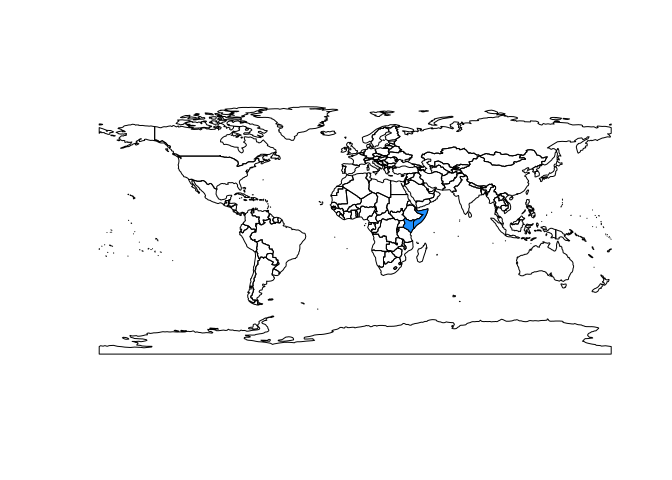
Hundreds of thousands of people in east Africa have been displaced and hundreds have died as a result of torrential rains which ended a drought but saturated soils and engorged rivers, resulting in extreme flooding in 2018.This post will explore these events using the R package smapr, which provides access to global satellite-derived soil moisture data collected by the NASA Soil Moisture Active-Passive (SMAP) mission and abstracts away some of

eBird is an online tool for recording birdobservations. The eBird database currently contains over 500 millionrecords of bird sightings, spanning every country and nearly every birdspecies, making it an extremely valuable resource for bird research andconservation. These data can be used to map the distribution andabundance of species, and assess how species’ ranges are changing overtime. This dataset is available for download as a text file;
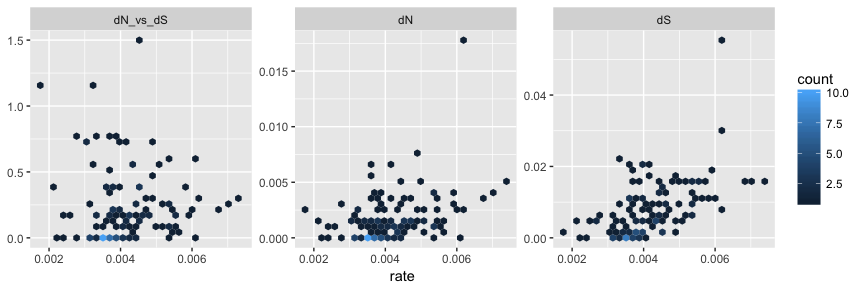
Phylogenetic trees are commonly used to present evolutionary relationships of species. Newick is the de facto format in phylogenetic for representing tree(s). Nexus format incorporates Newick tree text with related information organized into separated units known as blocks. For the R community, we have ape and phylobase packages to import trees from Newick and Nexus formats.
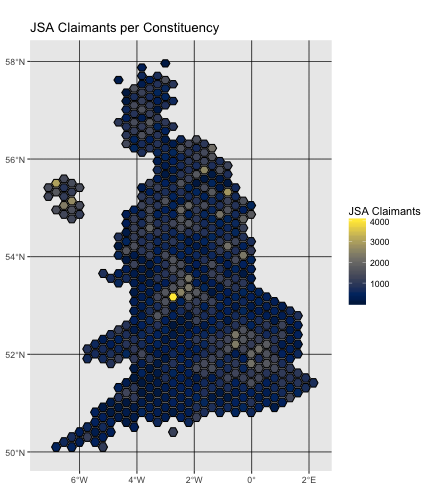
I’m excited to announce a new package for accessing official statistics from the UK. nomisr is the R client for the Nomis database. Nomis is run by Durham University on behalf of the UK’s Office for National Statistics (ONS), and contains over a thousand datasets, primarily on the UK labour market, census data, benefit spending and general economic activity.
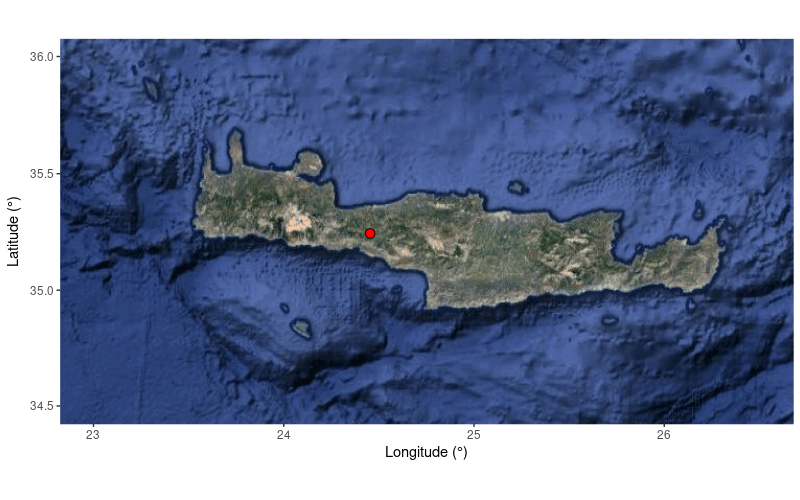
That’s a lot alike Data Science, isn’t it? Hydrologic Processes evolve in space and time, are extremely complex and we may never comprehend them. For this reason Hydrologists use models where their inputs and outputs are measurable variables: climatic and hydrologic data, land uses, vegetation coverage, soil type etc.

I love working with R and have been sharing the love with my friends and colleagues for almost seven years now.